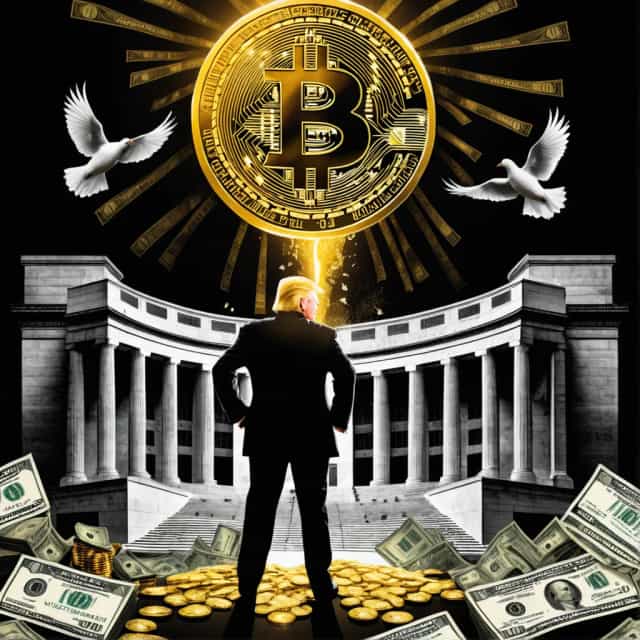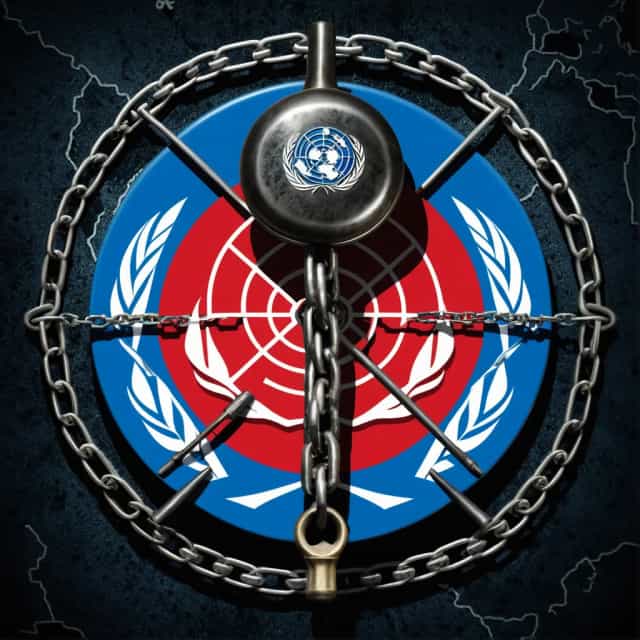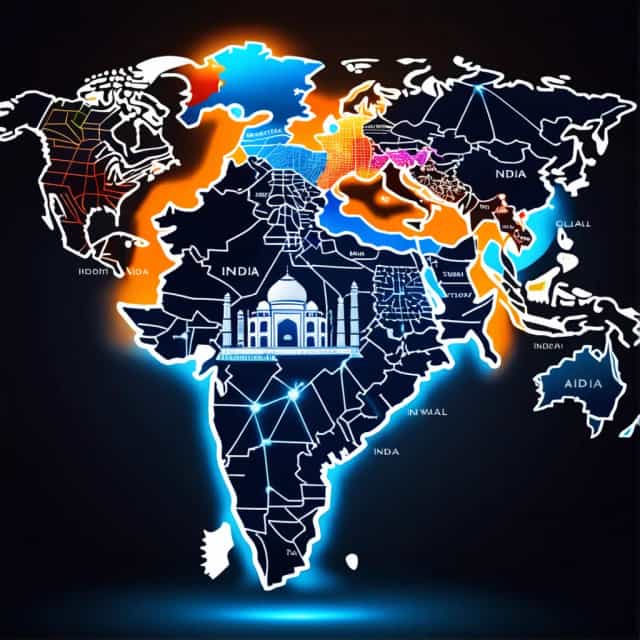
Image source: Block Media
UN Sanctions Against Iran Reinstated: Geopolitical and Nuclear Deal Implications
On October 28, United Nations sanctions against Iran were automatically reinstated after Tehran failed to meet key conditions set by the European powers—Britain, Germany, and France, collectively referred to as the E3. This reactivation of sanctions follows a rejected proposal by Russia and China at a UN Security Council meeting, which sought to delay their implementation. With only four out of 15 member states supporting the resolution to extend the deadline, the sanctions snapback provision was decisively triggered.
The Snapback Mechanism Under the 2015 JCPOA
The reinstatement of sanctions stems from the snapback provision within the 2015 Joint Comprehensive Plan of Action (JCPOA). Last month, the E3 invoked this mechanism to address Iran's non-compliance, giving Tehran a 30-day window to fulfill specific obligations. These demands included:
- Re-establishing dialogue with the United States,
- Renewing cooperation with the International Atomic Energy Agency (IAEA),
- Providing clarification regarding a growing stockpile of 408 kilograms of uranium enriched to nearly weapons-grade levels.
Iran's response was marked by defiance. Supreme Leader Ayatollah Ali Khamenei firmly ruled out negotiations with the United States, labeling such talks as "humiliation and capitulation." Moreover, Tehran obstructed international inspections of its key nuclear facilities, further exacerbating diplomatic tensions. Iranian President Masoud Pezeshkian adopted a more tempered tone, stating, “While we will respond to the sanctions, we will not withdraw from the Non-Proliferation Treaty (NPT).” However, he warned global powers against imposing additional sanctions, signaling potential retaliatory measures from Iran.
The Fragile State of the JCPOA and Trust Erosion
The 2015 nuclear deal has been undermined significantly in recent years, with both structural and relational challenges eroding its foundation. The turning point came during the Trump administration, which imposed and expanded crippling U.S. sanctions on Iran. In retaliation, Tehran resumed and escalated its nuclear activities, enriching uranium to 60% purity, a level far exceeding the JCPOA's stipulated limits.
While European countries remained parties to the agreement, their inability to provide Iran with meaningful sanctions relief has exacerbated mistrust on both sides. This persistent stalemate has left the nuclear deal in a state of near-collapse, with no clear pathway for diplomatic resolution.
Broader Geopolitical Repercussions
The automatic reactivation of UN sanctions comes with significant implications, not only for Iran but also for the broader Middle East and global diplomacy. Analysts stress that this development risks heightening tensions in an already volatile region. The reinstated sanctions could stoke further instability in the Middle East, exacerbating security concerns and intensifying geopolitical rivalries.
Beyond regional impacts, the move underscores the broader challenges of curbing Iran's nuclear ambitions. Diplomatic solutions appear increasingly elusive, with deepening divides between Tehran and the international community. The reimposition of sanctions also complicates relations between global powers, as countries like Russia and China push back against the unilateral mechanisms that reassert U.S. and European influence over global governance.
Conclusion: The Complexity of the Iran Nuclear Question
The reinstatement of sanctions against Iran highlights the intricate and often fraught nature of international diplomacy surrounding nuclear proliferation. Tehran's steadfast refusal to comply with E3 demands signals a deeper breakdown in dialogue and mutual trust. Meanwhile, the JCPOA—a deal once hailed as a breakthrough in curbing nuclear proliferation—teeters on the brink of irrelevance.
As sanctions take effect, the geopolitical consequences are likely to ripple across the Middle East and beyond, exacerbating existing tensions and security concerns. The automatic activation of these measures serves as a stark reminder of the challenges in addressing Iran's nuclear ambitions, a dilemma with far-reaching consequences for global stability.










